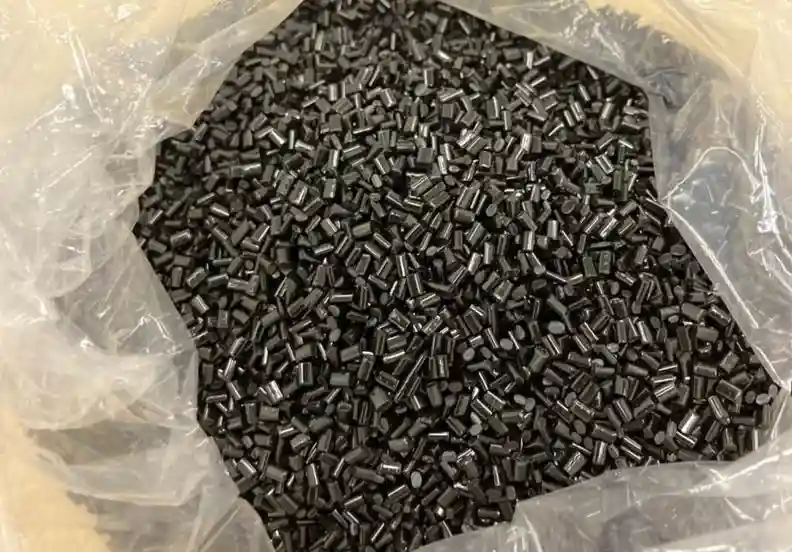In April 2022, 5 companies including Japan’s Teijin Co., Ltd. collaborated to develop a breakthrough solution to the disposal of discarded polyester fishing nets.
While the process of recycling nylon fishing nets has matured, recycling polyester fishing nets remains a challenge. Recycling these nets is costly and technically more difficult due to a lack of specialized processes. Thus, in Japan, discarded polyester fishing nets account for about 1,300 tons of landfill each year.
This craft from Teijin Co., Ltd. and its partners breaks the traditional rules. It is a mechanical recycling solution that covers the process from collecting fishing nets to reprocessing into products suitable for conversion into other end-use resins.
The three-step process is relatively simple: first, waste fishing nets are collected; then recycled and cleaned; and finally, pellets are made and produced as a resin product.
Initially, the partners faced two main tasks. The first was the challenge of developing a technology that could clean smelly, water-soaked fishing nets and strip polyester fibers from coatings used to improve durability. Teijin and other partners have finalized organic solvents that can be used in an environmentally friendly cleaning process to produce resins that are virtually odorless and can be recycled over and over again.
The second big challenge is profitability. The low cost of virgin PET means that the recycled resin material will not be price-competitive if cleaning and drying costs are prohibitive. Therefore, to improve durability and heat resistance, these companies blend virgin ABS into rPET.
Polyethylene terephthalate, commonly known as polyester resin, is the main variety of thermoplastic polyester.
Advantages of PET as packaging material:
- It has good mechanical properties, impact strength is 3~5 times of other films, and good folding resistance.
- It is resistant to oil, fat, dilute acid and alkali, and most solvents.
- It has excellent high and low temperature resistance, and can be used for a long time within the temperature range of 120 ℃. It can withstand 150 ℃ high temperature and – 70 ℃ low temperature for short term use, and has little impact on its mechanical properties at high and low temperatures.
- The permeability of gas and water vapor is low, and it has excellent gas resistance, water, oil and odor performance.
- It has high transparency, can block ultraviolet rays, and has good luster.
- It is non-toxic, tasteless, hygienic and safe, and can be directly used for food packaging.

The result is a commercially viable resin recovered from fishing nets that is now used to produce food trays for a restaurant chain in Japan. Such trays do not come into direct contact with food and therefore do not need to comply with the Food Sanitation Act.


Teijin collects and cleans these nets and sells the final product. The company says it hopes to expand the process to other applications in the future. Teijin envisions the creation of traceable, locally produced and locally consumed product cycles in an efficient circular economy, with reduced energy consumption. The company’s original goal was to recycle 1,000 tons of polyester fishing nets a year by 2030.
